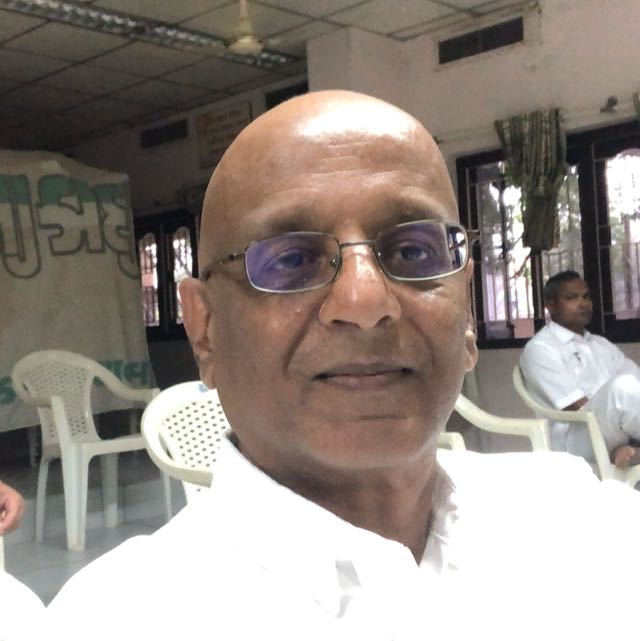
IN the fast-paced rhythm of modern life, mental health often takes a back seat. People find themselves juggling pressures, notifications, deadlines and an ever-present sense of restlessness. Yet, the foundation of well-being lies not in external success but in the quiet stability of the mind. Fortunately, mental health can be strengthened through intentional, everyday choices. Simple lifestyle changes can transform how we feel, think, and relate to the world around us.
Sleep
Sleep is one of the most overlooked pillars of wellness. During sleep the mind is free from external inputs and emotional stress. A daily routine of mental relaxation and sleep is essential for health, internal and external. Sleep deprivation, can heighten anxiety, reduce concentration, and impair mood regulation. Make sleep a non-negotiable part of your routine. Going to bed and rising at the same time daily, synchronizes the body’s internal clock. You may be getting by with 5 hours, but you will be significantly improved with 7 to 9 hours sleep per night. Quality sleep is a necessity for resilience and concentration.
Movement is medicine
Exercise is a reliable natural antidepressant. Regular physical activity releases endorphins, the body’s feel-good chemicals, which enhance mood and reduce stress. A brisk walk, or even simple stretching can awaken both body and mind, but a good sweat is where it really happens. The key is consistency rather than intensity; thirty minutes of movement most days is often enough to make a measurable difference. Physical activity improves sleep, boosts energy and strengthens confidence.
Inner stillness
Meditation and mindfulness offer powerful tools for managing stress and cultivating mental clarity. By focusing attention on the present moment, one learns to observe thoughts without being swept away by them. Over time, mindfulness rewires the brain to respond with calm and perspective to life’s challenges. Five or ten minutes of deep breathing each day can help slow the racing mind and restore balance. Meditation, prayer, or quiet reflection can serve the same purpose—each helping to reconnect us with our inner peace.
Social bonds
Human beings are inherently social. Genuine connection—through friendship, family, or community—provides emotional security and a sense of belonging. Isolation, by contrast, tends to magnify feelings of anxiety or despair. Reaching out, sharing one’s thoughts, or simply spending time with others can be deeply therapeutic. Kindness, both given and received, strengthens our sense of purpose and reminds us that we are not alone in our struggles.
Connect with nature
Similarly, nature remains a much-underrated hero. Sea, sand, garden, growth and greens have all shown to reduce blood pressure, improve concentration, and lift the spirit. Sunlight stimulates the production of vitamin D and serotonin, both essential for emotional well-being. Even a short daily walk or a moment of stillness beneath the sky can remind us that we are part of something larger and more enduring than our worries.
Purpose and structure
Mental health thrives when life has meaning. Purpose need not be grand; it may be found in group projects, study, work, or service to others. What matters is the sense of direction and accomplishment that accompanies doing something worthwhile (beyond self). A clear routine helps prevent aimlessness. Purpose gives us the strength to persevere and keep going even in difficult times.
Self-compassion and gratitude
One of the most powerful lifestyle shifts is towards being patient. Self-compassion means acknowledging imperfections without judgment and understanding that everyone struggles. Writing down a few things to be grateful for each day can also reframe the mind toward positivity. Gratitude softens the heart, lightens the mood, and deepens one’s appreciation for the present moment.
Seek support
Finally, despite our best efforts, we may find it difficult to manage our thoughts or emotions alone. In such moments, seeking help, professional or social, is a wise and courageous step. Therapy provides tools for emotional healing. Reaching out for help is not a sign of weakness—it is a step toward growth and recovery.
Conclusion
Improving mental health is not about quick fixes or grand transformations. It is about small consistent acts of care that nurture the mind, body, and soul. By sleeping well, eating wisely, moving often, connecting deeply, and staying mindful, we create the conditions in which inner peace can flourish. In choosing balance over busyness and compassion over criticism, we build a lifestyle that supports true well-being.
![]()














